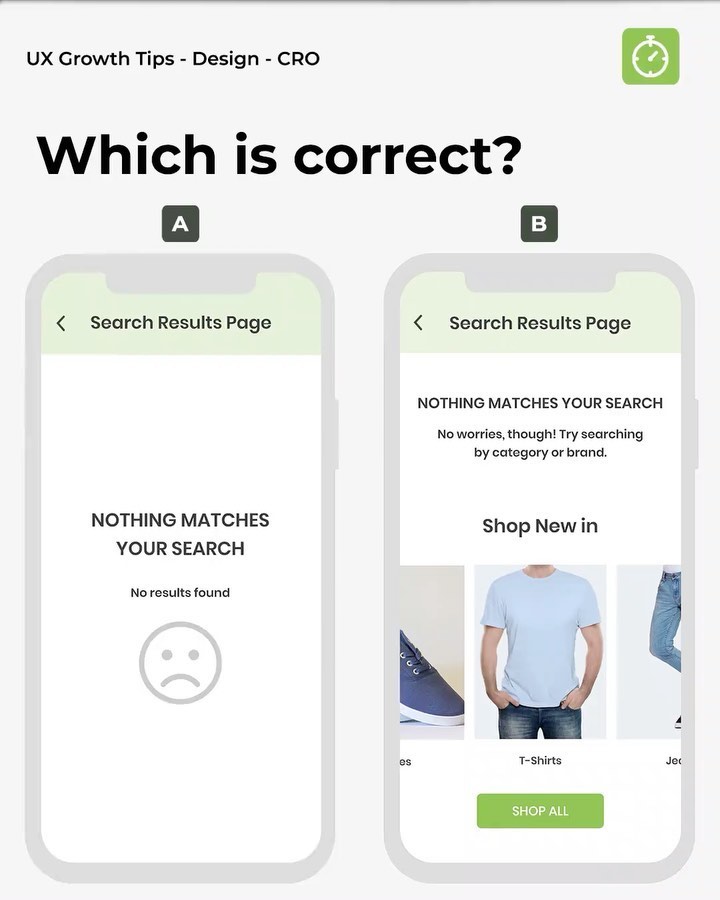The Key to Successful UX Growth
In today's digital landscape, focusing on user needs before technology is key for successful projects. Prioritizing customer experience drives value in digital transformations. Businesses must adapt to meet post-pandemic customer expectations, ensuring personalized, efficient, and secure experiences. Integrating user-centric technology in e-commerce and education enhances customer satisfaction and student learning. Thoughtful implementation of technology prioritizes user needs, improving overall experiences.
Understanding User Needs vs. Technology: A Focus on Customer Experience
In today's digital landscape, understanding and prioritizing user needs over technology is essential for creating exceptional customer experiences. By focusing on customer-centric strategies, businesses can drive value and satisfaction in their digital transformations.
The Significance of Prioritizing User Needs
Prioritizing user needs aligns business goals with customer expectations, leading to more meaningful interactions and increased loyalty. By placing the customer at the center of decision-making processes, organizations can achieve sustainable growth and competitive advantage.
Impact of Neglecting Customer Experience in Technology Implementation
Neglecting customer experience in technology implementation can result in frustrated users, decreased engagement, and ultimately, loss of business. It is crucial for companies to consider the impact on the customer at every stage of the digital transformation journey to ensure success.
Adapting to Changing Customer Expectations Post-Pandemic
The post-pandemic world has brought about permanent shifts in customer expectations, requiring businesses to adapt quickly to stay relevant. By staying agile and responsive to changing needs, companies can maintain customer loyalty and drive growth even in evolving landscapes.
Implementing User-Centric Technology in Businesses
Implementing user-centric technology in businesses is essential for enhancing customer experience and driving satisfaction. By focusing on the needs of customers, companies can create e-commerce applications that are intuitive and user-friendly, ultimately leading to better customer experiences.
Enhancing E-Commerce Applications for Better Customer Experience
When enhancing e-commerce applications, businesses should prioritize user experience by optimizing the navigation flow, simplifying the checkout process, and personalizing product recommendations. By leveraging user data and feedback, companies can tailor their online platforms to meet the evolving needs and preferences of customers.
Optimizing Navigation Flow
- Simplify menu structures for easy browsing
- Implement search functionalities for quick product access
- Enhance filtering options for seamless product discovery
Simplifying the Checkout Process
- Minimize steps required for checkout completion
- Offer guest checkout options for convenience
- Provide clear payment and shipping information
Personalizing Product Recommendations
- Utilize machine learning algorithms for targeted suggestions
- Recommend complementary products based on purchase history
- Enhance product pages with personalized content
Streamlining Customer Service Processes for Customer Satisfaction
Streamlining customer service processes is crucial for ensuring customer satisfaction and loyalty. By implementing user-centric technology, businesses can enhance communication channels, resolve issues efficiently, and provide personalized support to each customer.
Enhancing Communication Channels
- Integrate chatbots for instant assistance
- Offer multichannel support options (email, phone, social media)
- Provide self-service portals for common inquiries
Resolving Issues Efficiently
- Implement ticketing systems for tracking customer requests
- Empower customer service agents with efficient tools
- Establish clear escalation processes for complex issues
Providing Personalized Support
- Use customer data to personalize interactions
- Offer proactive support based on customer behavior
- Train customer service agents to deliver tailored solutions
Integrating Technology in Educational Settings
Strategic Use of Technology for Enhanced Student Learning Experience
In the educational landscape, the strategic integration of technology plays a pivotal role in enhancing the overall student learning experience. By incorporating innovative technological tools and resources into classrooms, educators can create dynamic and engaging learning environments that cater to diverse learning styles and preferences.
Utilizing interactive multimedia presentations, online research databases, and virtual simulation tools, teachers can effectively supplement traditional teaching methods and capture the attention of tech-savvy students. This strategic approach not only fosters deeper understanding of complex concepts but also cultivates critical thinking, creativity, and digital literacy skills essential for success in the 21st-century workforce.
Importance of Thoughtful Implementation of Technological Tools in Education
The thoughtful implementation of technological tools in education is a key factor in ensuring their efficacy and relevancy in enhancing student learning outcomes. Simply introducing cutting-edge technologies into classrooms is not enough; educators must carefully evaluate the pedagogical value and alignment with learning objectives before integration.
- Educators should provide proper training and support to both teachers and students to maximize the benefits of technology in education.
- Regular assessment and feedback mechanisms should be in place to monitor the impact of technology on student engagement and academic performance.
- Collaboration among education stakeholders, including administrators, teachers, students, and parents, is essential for the successful integration of technology into the learning process.
By prioritizing thoughtful implementation and continuous evaluation, educational institutions can harness the full potential of technology to create enriching and impactful learning experiences for students.



